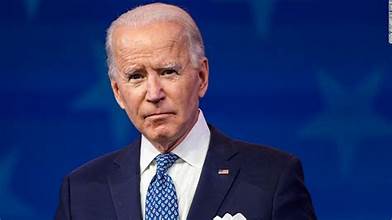US consumer bureau won’t defend Biden-era rules in court after chief was fired

(Reuters) – The U.S. Consumer Financial Protection Bureau is refusing to defend Biden administration-era rules in court after its director was fired by President Donald Trump.
In “emergency” notices filed on Monday with the 5th U.S. Circuit Court of Appeals in New Orleans, hours before appeals in two cases were scheduled to be heard, the agency’s lawyers said they have “been instructed not to make any appearances in litigation except to seek a pause in proceedings.”
One case concerned a CFPB appeal from a Texas federal judge’s ruling that the agency in March 2022 unlawfully expanded its authority by deciding to examine banks and financial services companies for possible discrimination.
In the other case, banking industry groups have been appealing a judge’s ruling that the CFPB could enforce a March 2023 rule requiring lenders to gather demographic data on small business borrowers.

At a scheduled hearing of the discrimination case, a CFPB lawyer said a pause was needed “to allow the new leadership to evaluate litigation.”
The court said both sides should confer to determine whether oral arguments are still needed.
“It would be helpful if you could do it pretty quickly,” Circuit Judge Edith Jones said, “but I realize we don’t know whether that’s practical or not.”
Former CFPB director Rohit Chopra announced his departure on Saturday, though his term was not scheduled to end until October 2026.
He had drawn much opposition from Wall Street over his forceful approach to enforcing consumer protection laws.
The Trump administration is expected to curtail the agency, and perhaps roll back some recent rules.
U.S. Treasury Secretary Scott Bessent has been named acting CFPB director, the agency said on Monday.
_______
REUTERS


